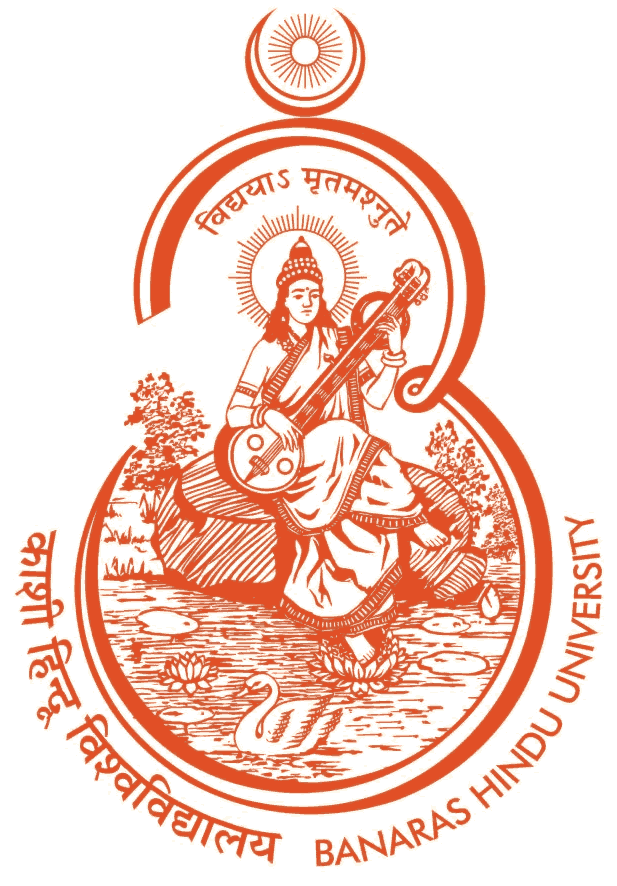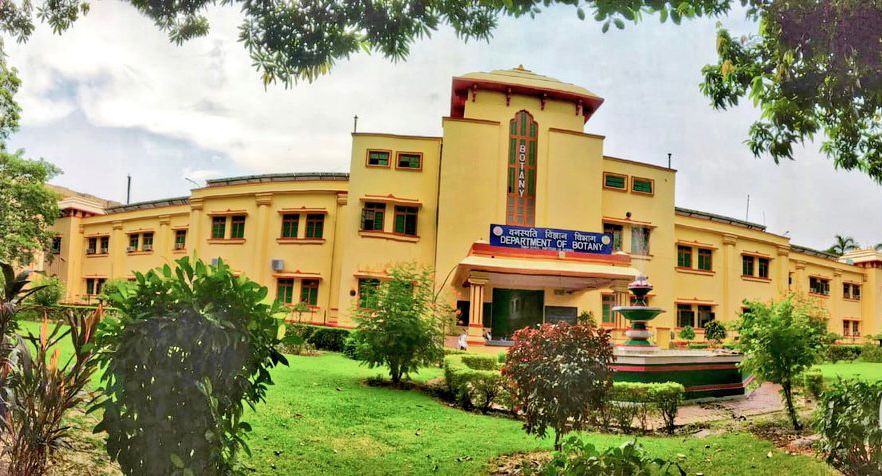Growth of Phycology at BHU
Growth of Phycology at BHU
Bharadwaja’s School of Phycology continued to thrive through the contributions of distinguished phycologists like J.N. Mishra (Phaeophyceae), C.S.P. Rao (Rhodophyceae), Y.S.R.K. Sarma (Cytogenetics), E.R.S. Talpasayi (Cyanobacterial Physiology), H.D. Kumar (Genetics, Environmental Phycology), Y.B.K. Chowdary (Algal Cytogenetics), S.P. Singh (Metal Stress), D.N. Tiwari (Heterocyst Differentiation and Nitrogen Fixation), A.K. Kashyap (Algal Ecology and Physiology), B.R. Chaudhary (Algal Cytogenetics), A.K. Rai (Stress Physiology and Biochemistry), L.C. Rai (Cyanobacterial Proteomics and Metabolomics) and J.P. Gaur (Heavy Metal Stress). Their work broadened the scope of algal research, integrating molecular biology, biotechnology, and environmental phycology into the curriculum and research programs at BHU. Today, the third- and fourth-generation phycologists, comprising one-third of the department’s faculty, continue to build on this rich legacy. The Department of Botany at BHU remains at the forefront of phycological research, focusing on:
- Algal and Cyanobacterial Taxonomy, Evolution, and Systematics
- Algae and Cyanobacteria in Environmental Sustainability and Climate Change Mitigation
- Abiotic stresses and cellular responses in algae and cyanobacteria
- Study of algal and cyanobacterial symbioses
- Algal and Cyanobacterial Metabolites and Pharmaceutical Potential
- Algal biomass and biofuels
Through interdisciplinary collaborations and cutting-edge research, the School of Phycology at BHU continues to shape the future of algal biotechnology, environmental conservation, and sustainable agriculture.


